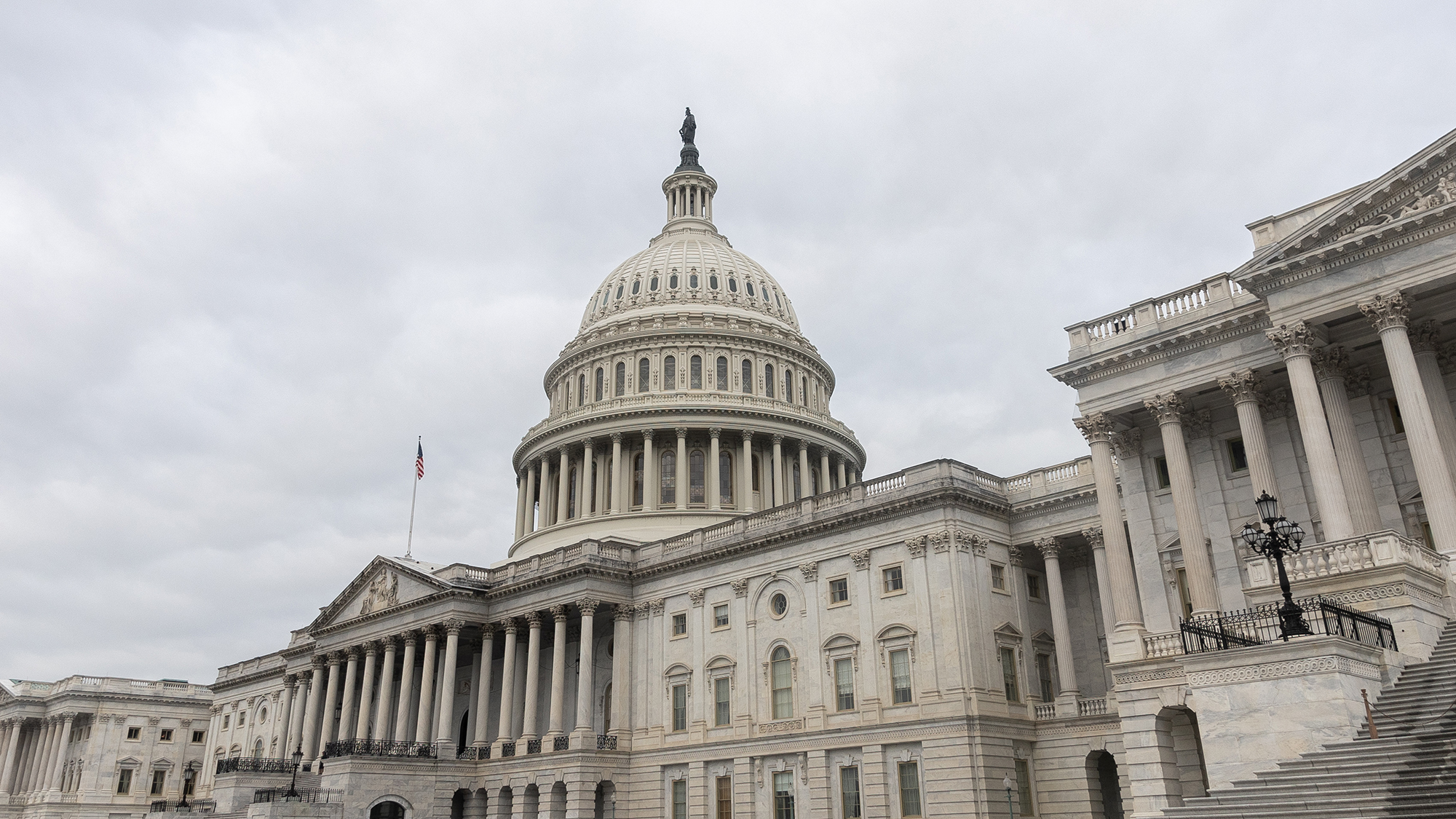Some University of Maryland professors are joining a nationwide effort to lobby in favor of a bill that would bring large changes in higher education, such as lower tuition and more funding for universities.
This university’s chapter of the American Association of University Professors organized a lobbying event last week as part of a push for members of Congress to vote in favor of measures to fund American higher education under the Build Back Better Agenda.
The agenda aims to provide two free years of community college for all students, invest in subsidized tuition at historically Black colleges and universities and more. It also includes non-higher education measures, such as tax breaks for lower-income families, lower health care costs and universal free preschool.
“The backdrop to this is the defunding of higher education, which has been taking place over more than a decade,” said Karin Rosemblatt, the treasurer of this university’s AAUP chapter.
Parts of the agenda, such as more funding for Pell grants for students, are included in Congress’ upcoming $3.5 trillion reconciliation bill, which will make its way to the House of Representatives floor soon. However, disagreements between moderate and progressive Democrats over some of the bill’s provisions have jeopardized its future.
At last week’s event, AAUP members gathered on Zoom to learn more about the specific provisions of the bill and to write letters to Sen. Patty Murray (D-Wa.), who is a key figure in passing the reconciliation bill because she chairs the Senate’s committee on health, education, labor and pensions.
[UMD students march for pathway to citizenship at CASA’s ‘Welcome Back Congress’ in DC]
Professors at this university want to see more provisions added to the reconciliation bill — especially when it comes to giving faculty more of a say in hiring their colleagues. According to Rosemblatt, a history professor at this university, administrators at this university wield most of the power when it comes to hiring faculty.
“It sort of lessens the hiring of non-tenure track faculty,” Rosemblatt said. “It lessens the control of instructors over qualifications, or who’s qualified to provide instruction and who’s not.”
Holly Brewer, the vice president of this university’s AAUP chapter, says this is an issue at universities across the country where administrators want to save money. She said it has led to an influx of non-tenure track faculty, who often have little job security and are stretched thin by multiple jobs at different schools. This new hiring process has also deprived educators of jobs, she said.
“It’s especially acute in the arts and humanities … people train for years to get a Ph.D. and then all of a sudden, there’s no jobs,” said Brewer, an associate history professor.
For Luka Arsenjuk, the secretary of this university’s AAUP chapter, this phenomenon means educational quality suffers. While non-tenure track faculty often provide high-quality education, he said, the conditions they face can lead their instruction to deteriorate.
“If you put more and more people into conditions in which they have to work that are simultaneously deteriorating … the educational process itself will suffer,” said Arsenjuk, who is a cinema and media studies and comparative literature professor.
Brewer hopes the Build Back Better Act can institute checks and balances so administrators are forced to put more money into hiring tenure-track professors, rather than shoveling funds to other areas.
“One of the things that the Build Back Better Act can do is make sure that when the federal government gets funds, it isn’t going to administrators, it isn’t going to pad administrator salaries, it isn’t going to buy buildings,” Brewer said.
[UMD graduate students say their stipends make it hard to stay afloat financially]
Arsenjuk hopes passing the bill can rebuild public support for higher education, decreasing the burden on students to shoulder the costs of attending college.
“All of this is coming in the wake of decades … of the states and society basically reducing the amount of money [they’re] going to spend to support public education, which the universities have mostly dealt with by increasing tuitions,” Arsenjuk said.
As parts of the Build Back Better plan are slated to be debated in Congress via the upcoming reconciliation bill, professors at this university plan to keep pushing for expanded measures. Even if they don’t achieve them right away, they want to continue furthering their calls for more higher education funding, both nationally and elsewhere.
“I’m hoping that maybe we can take some of these ideas and lobby for them here in the state of Maryland as well,” Brewer said.
For the professors, Build Back Better isn’t where they’ll end, even if it gets passed.
“That’s really just the beginning of hopefully trying to get the federal government to enforce standards in higher education,” Rosemblatt said.



